Music Waves Q&A: Ingebar
learn more about Ingebar through dipity's monthly music interview spotlights
Introduction
Ingebar is an American indie rock duo based in Sacramento, California. Founded by Carrie Ingraham and Zack Zukowski, Ingebar explores themes of fluidity and the history of human movement as it relates to nature, incorporating found sound and naturescapes with traditional song and vocals. Blending neofolk, shoegaze, and ambient psych rock with experimental electronic and organic sound, Ingebar creates a spacious atmosphere of dark, haunting whimsy.
Q: What is your name? AND Where are you currently located?
We’re Ingebar, located in Sacramento, CA, originally from Boston, MA.
Q: What’s the story behind your artist name?
Carrie: The name “Ingebar” comes from an ancestral name of a Viking leader named Ingebar the Marauder. He was a Scandinavian who ravaged the coast of England. I was drawn to exploring this part of my family history through a medium that offered softness and beauty to this part of my bloodline, while also incorporating the primal sounds of that time, like organic instrumentation, chanting, ambient nature soundscapes, etc.
Q: How did you begin your journey into the world of music? AND How long have you been in the music industry?
Carrie: I think I was born into music. My dad plays the saxophone and my mom is a classical pianist, she studied the Kodály method in Hungary in the 70s. She was the town piano teacher growing up and would play for various church events. All my friends growing up took lessons from her. [My mom] shreds, and comes from a long line of women who were also musicians. She taught me the importance of learning theory at a young age, but also nourishing the intuitive approach to songwriting, playing by ear, and embracing creative license to break some of the rules of rudimentary foundations, after you’ve learned them.
In college, I traveled to Trinidad and Tobago for an ethnomusicology trip to research the political roots of Kaiso and Calypso music. My peers in college were in the early 2000s Boston underground noise scene. I got more into stage performing after that when I ran a music afternoon program for teenagers as part of a nonprofit in the Boston area. So I’ve only really been immersed in indie and DIY scenes, or sociological research in academia.
Q: What inspires you as an artist? Give us some insight into your creative process.
Carrie: Mentoring teens in music therapy and getting them out performing, starting bands, building community and personal confidence—that job made me remember my own inner childhood “spark,” and inspired a lot of creative flow in my own music. I learned a lot from my mentees and colleagues at that job. I learned the significance of underground arts scene in harm reduction on a large/community scale from those kids, as well as my peers at the time who were foundational to the Boston basement-show noise scene at that time.
Later, I taught dance and yoga for a few years, and the power sound has especially when integrated with physical movement to viscerally change the energy of a room, is an unmatched force in my opinion. What else can do that? Change people’s moods, intentions, how they leave the event and interact with people afterwards—it’s just healing and has a ripple effect—so that's my inspiration. Music makes us all access that inner wizardry!
The other more practical answer is, genre-wise, Ingebar touches on neopaganism and neofolk, which comes directly from studying ancestral roots which is where Ingebar the Marauder comes in. I was writing these bummer jams with doom metal aspects, and Zack was doing industrial drums, and I wanted him to scream on some of the songs, so that was channeling those dark, looming, Viking chants they’d give as a warning call as their ships approached shore. Ingebar’s inspired by the history of how people move, and what that mobility is built on historically—in all its complicated roots, my goal is to offer serenity through acknowledgment and my idea of “shadow work,” you could call it.
Q: What's your favorite song you've released? AND Why?
Carrie: I think I keep going back to “Witch Hunt” as my favorite song. I have a big soft spot for that song, because the riff was adapted from [one] I wrote in high school as a sad teenager haha, but never did anything with. So revisiting and utilizing it as an adult, was cathartic. The lyrics are a love letter to my younger, more traumatized self, and it deals with topics of divine feminine, body autonomy, and the abilities a woman in healing is capable of.
Q: What's an upcoming project or which event(s) are you excited about?
Carrie: New music is in the works, as well as some lyric and music videos for last year’s ISLE EP. Zack and I are building a home music studio, so we’re excited to get that finished and start hosting local projects to come record, brainstorm, collaborate, etc. That community space holding is the focus for 2025. We’re also excited to connect with artists and friends at South by Southwest (SXSW) this year!
Q: We love to read and get inspired by lyrics. Share the title of a song and its lyrics (one of your favorite songs you've either written or released).
Carrie: The lyrics of “False Idols” from the ISLE EP feel resonant with the climate of my country at the moment:
Who controls me, now that your god's gone now? Who will oversee the burning of this town? Every living thing knows your guy was meant to be The thing his paying fans were sold not to see Why are you invested in a sale that kills your friend? You’ll survive alone, you’ll be a walking dead Every animal knows worms eat you too in the end All the ways your guide was, you kill us for instead Why’d you call a man you saw on TV? Did you find him in a mall, on your knees? Did he tell you to go, did he tell you to breed? Why’re you only calling when you are in need?
Q: What are your thoughts about the world of poetry?
Carrie: I love reading and writing poetry! I have a personal collection I’m working on, but I consider myself more of a lyricist than a poet. I have a ton of admiration for poets because I think they’re true ambassadors for humanity. I feel like poetry can’t escape being political, the way 90s US hip hop couldn’t escape being political, and I have a lot of respect for people who can put themselves in the trenches like that. With Ingebar, lyrics are just one part of the music, and they basically surf the waves of the instrumentation, song structure, etc. [Whereas] poetry can’t hide behind anything, it’s just [raw] words on a page, or a poet reading out loud at an [open mic] event, and you, the listener [are soaking it in]—that vulnerability [again] is admirable to me.
Both my sister and dad are fantastic poets. [My dad] has a book called Northward Drift, a collection of very New England nature-inspired poems, and my sister turned me on to A.R. Ammons years ago. Also, I watched the movie Beauty Shop (2005) the other night. I’d forgotten how that film uses Maya Angelou’s “Phenomenal Woman” as a recurring theme—a powerful classic in a lighthearted comedy. I remember seeing that when I was 15 and having my mind blown at how humor, even the most absurdist comedy can be a vessel for discourse on heavy social issues. I like that idea—how comedy writing can be a tool for combatting oppression.
Q: What’s your favorite event or memory thus far in the music industry?
Carrie: One of my favorite memories thus far has to be randomly, accidentally, catching the Beach Boys at the California State Fair last summer. I had a bunch of family from up north staying at my house in Sacramento to escape wildfires, and we found reprieve by distracting ourselves at the California State Fair. We didn’t even know they were playing that night, and just happened to hear the Beach Boys start playing on the main stage. The whole family had my mom and all the East Coast family on FaceTime, and it was just a kismet moment. Seeing Mike Love live in 2024—it just couldn’t have been a cooler, sweeter moment to experience! That’s the magic music has—it connects us!
Q: What’s one interesting fact that your listeners may not know?
Carrie: We’re a two-piece! Sometimes people think we’re four or more people in the band, or that it’s just me, but it’s Zack Zukowski and I. Zack is an insanely talented percussionist, sound engineer, and music technologist. He and I have totally different skills when it comes to art making, and I think that’s why we work so well. We’re constantly challenging and learning from each other.
Q: What was the last song or music video you watched that you recommend others check out?
Carrie: “Faceshopping” by SOPHIE—the music video sticks with me a lot [because] it’s Hyperpop, and just the whole concept of hypercapitalism, feels poignant right now! It inspires some of my lyrics (particularly on “Spectrum” and “False Idols”), so I often revisit this video. The production of this song is insane, too! I recommend responsibly imbibing in the substance of your choice and experiencing with high-quality speakers.
Q: Who are some of your favorite artists and musicians that you listen to or would like to give a shout-out to?
Carrie: KNOWER, Kim Gordon, Wu-Lu, Show Me the Body, Chelsae Wolfe, Amyl and The Sniffers are all big inspirations. Then some “train punk,” Americana folky stuff like Deer Tick, FIDLAR, and The Breeders. Exotica and Tiki are a big vibe/aesthetic inspiration too, like Martin Denny, and a project I love lately, Monster Rally. Production-wise, Nine Inch Nails (NIИ) and Cipping are big influences. Afro-Caribbean and Roots Reggae are a big influence locally for me here in Northern California. The Sacramento noise scene event called Audio Waffle fosters such a welcoming community for artists.
Noise music is definitely the reason I sometimes mic up random household objects like a vacuum, a table saw, rain falling on a patio table, etc. There are endless opportunities to create with found sound and it empowers everyone to create freely.
Big shout out also to Zack’s music tech project, DADABOTS—they’ve pioneered mind-blowing stuff in neural music and generative research for the past 12 or so years!
Q: Lastly, what advice would you give to aspiring musicians and artists?
Carrie: Apologize less and just go for it! The worst that’ll happen is everyone hates it, but they’ll still be impressed that you did it because most people don’t or can’t [start due to fear]. Also, the song you don’t expect to be the most well-received or popular often will be—I always find this funny, and the audience response helps inform the direction of the next release. But overall, the world needs your art! Even if no one gives a shit about your work, your body will thank you later for honoring and releasing it. That’s enough of a reason, isn’t it?
To Check Out More of Ingebar’s Music Visit:
Instagram: @ingebar_ music
Visit Linktree: http://linktr.ee/ingebar
Follow and listen to more on Spotify [Here]
Listen on SoundCloud [Here]
Join Bandcamp [Here]
Subscribe to YouTube [Here]
Any other thoughts, comments, or shares after listening and reading the interview?
[Interview Processed By VFORROW]
Thank you so much, Ingebar, for sharing and submitting to Dipity Lit Mag! ~ Jazz Marie Kaur (Vevna Forrow).
We appreciate anyone who takes the time to comment, subscribe here, pledge support to our Substack, donates directly to help fund future community projects on our website, visits the gift shop, or buys us some pizza slices over there. Stay tuned for more Substack shares and interviews. Thanks again for your support and have awesome days ahead!


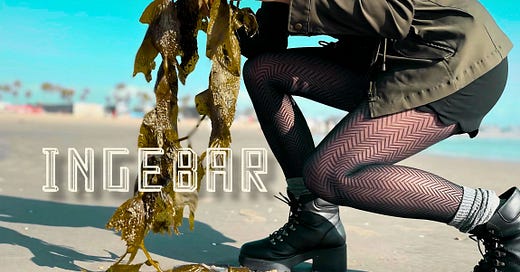



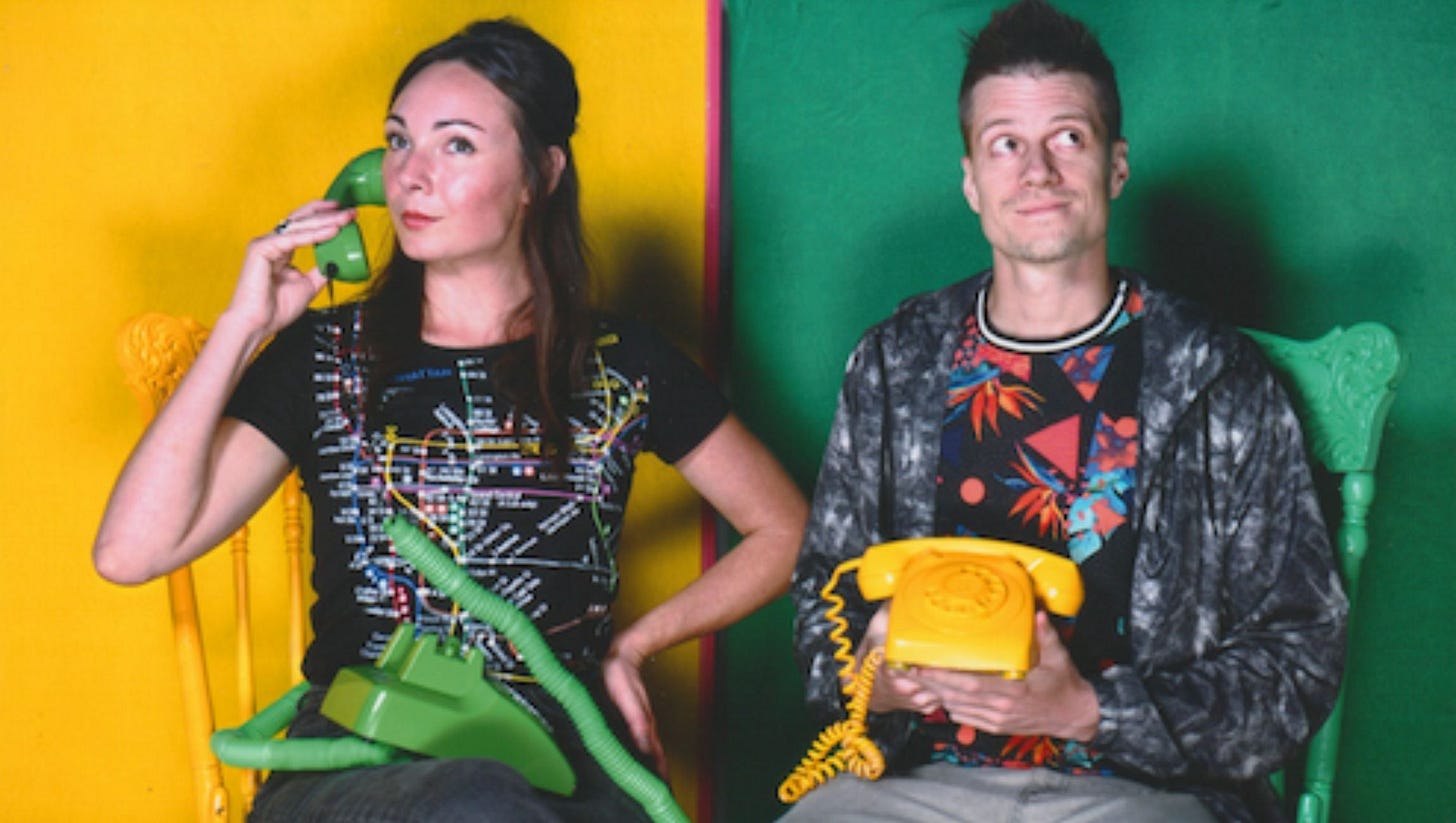
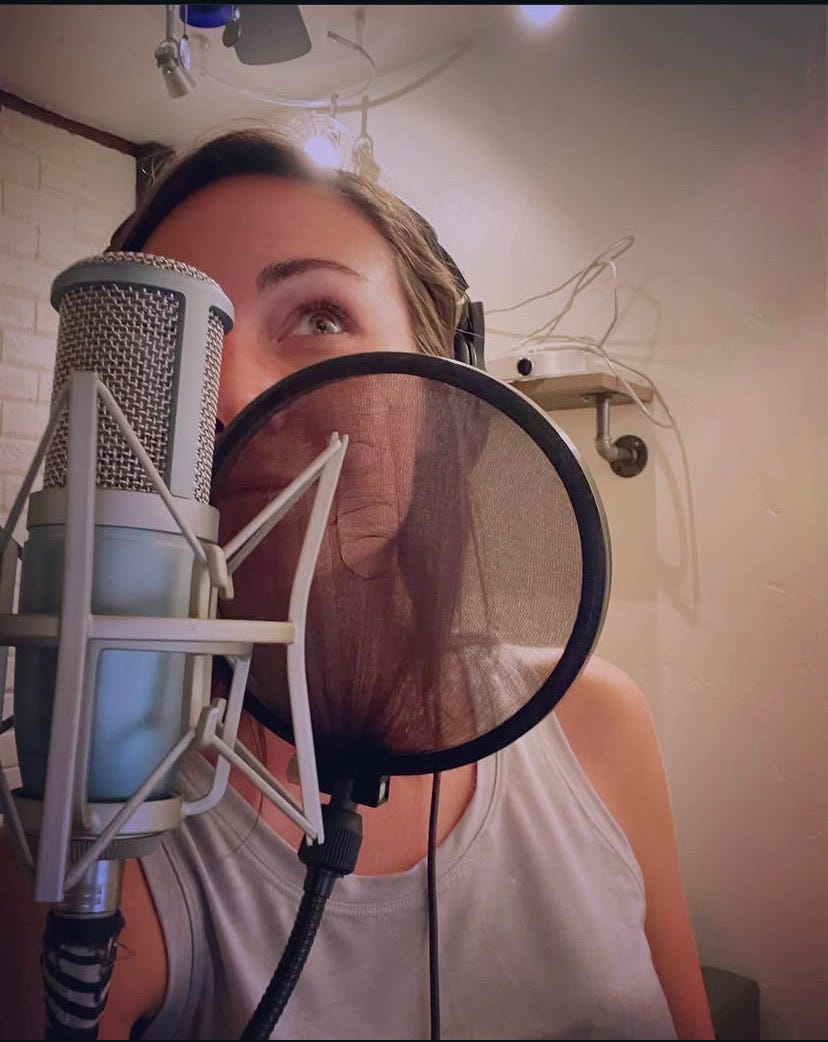
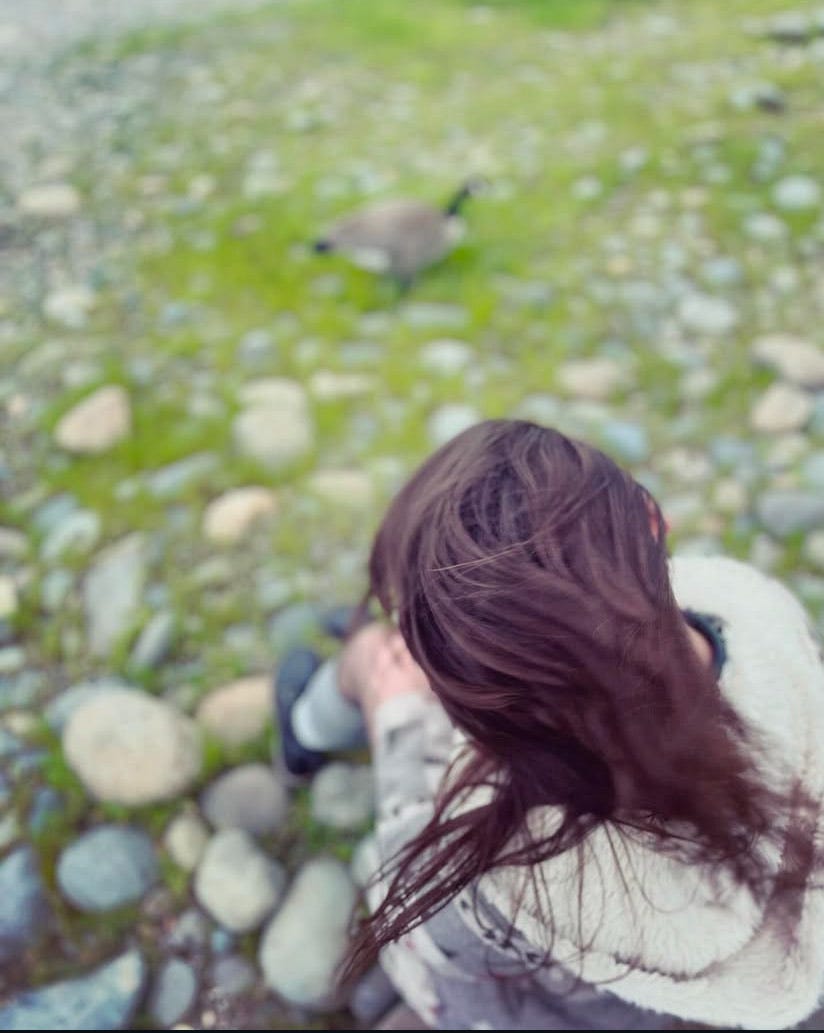
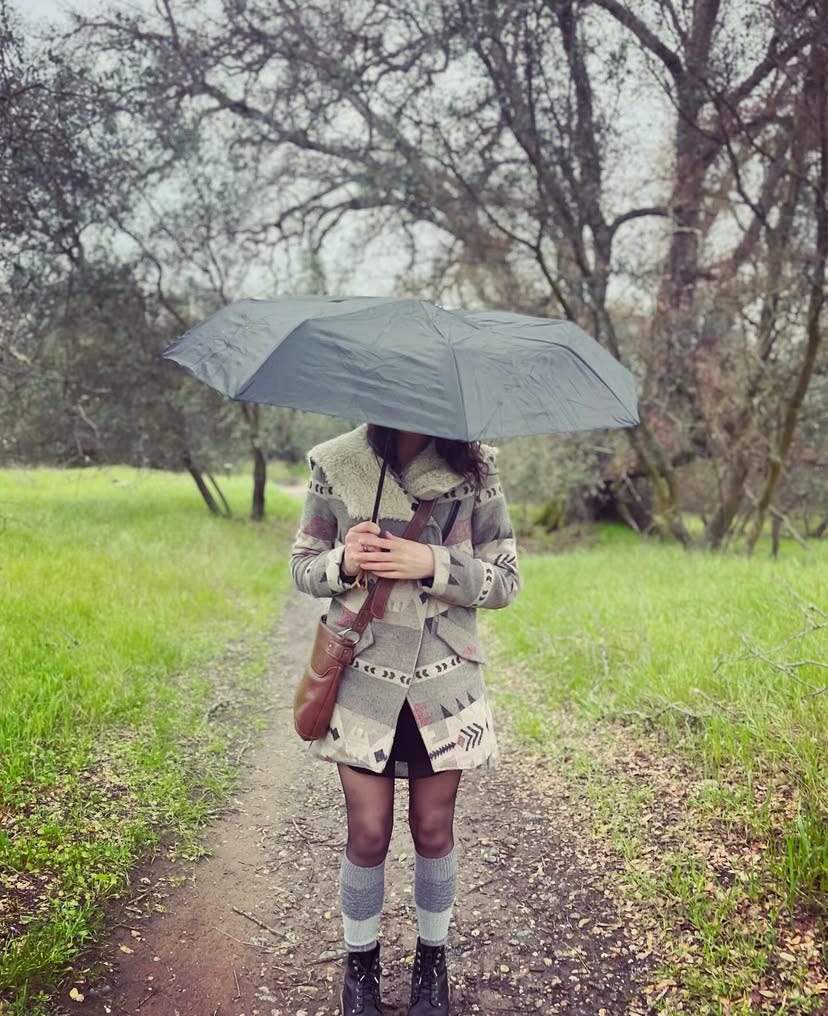
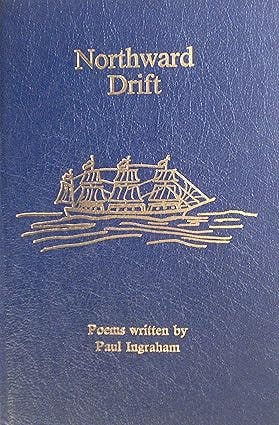




Thank you Dipity! This was a pleasure